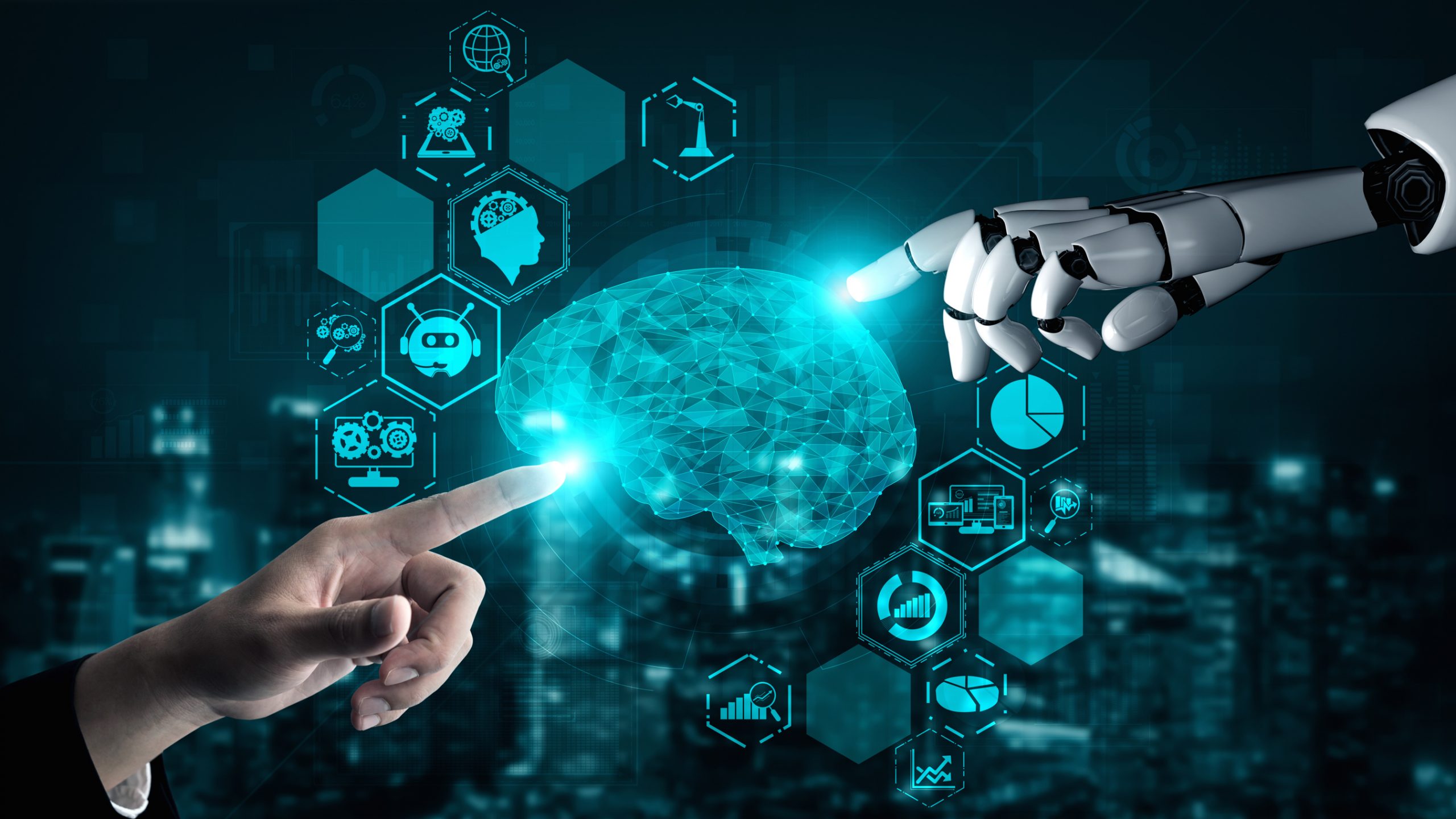SOCIAL NETWORK
Facebook’s New AI Features: The Rise of a Digital Dystopia
In its latest bid to dominate the tech landscape, Facebook has unveiled a suite of AI-powered features that promise to transform user interactions and experiences. From hyper-personalized virtual assistants to AI-generated content for your social media posts, the platform is leaning into artificial intelligence like never before.
But while the company hails these features as revolutionary, many are sounding the alarm about their dystopian implications. Beyond the glossy announcements lies a complex web of ethical concerns, privacy risks, and questions about who really benefits from these advancements.
The New Features: A Glimpse into the AI Future
Facebook’s latest rollout includes:
AI Chatbots: Personalized virtual assistants tailored to users’ preferences, capable of holding detailed conversations, offering advice, and even generating content.
AI-Generated Posts: Need help crafting the perfect status update or caption? Facebook’s AI will write it for you, using data it’s gathered about your preferences and style.
Deepfake-Like Avatars: AI-generated avatars that mirror your appearance and voice, enabling you to “exist” in virtual spaces without being physically present.
Predictive Social Algorithms: AI tools that anticipate your needs, suggesting friends, events, or groups based on your behavior.
At first glance, these features may seem convenient or even exciting. But dig deeper, and they reveal a darker reality.
The Dystopian Side of Facebook’s AI
While Facebook frames its new AI capabilities as user-friendly innovations, they also represent a significant escalation in the platform’s ability to monitor, influence, and manipulate its users.
1. Erosion of Privacy
Facebook’s AI requires massive amounts of personal data to function effectively. By using these features, users are essentially handing over even more intimate details about their lives. Where does the data go? How is it protected? Facebook’s track record on privacy hardly inspires confidence.
2. Loss of Authenticity
AI-generated posts and avatars may save time, but they erode authenticity. Social media was once about genuine connections and self-expression. Now, Facebook wants to automate your personality, reducing individuality to an algorithmic formula.
3. Amplified Echo Chambers
With predictive algorithms steering users toward curated experiences, the risk of echo chambers grows. Instead of broadening horizons, Facebook’s AI may further isolate users in bubbles of tailored content, reinforcing biases and limiting exposure to diverse perspectives.
4. Corporate Control Over User Identity
By creating virtual versions of users and generating content on their behalf, Facebook positions itself as the ultimate gatekeeper of identity. Who controls these AI tools? And what happens when the technology is misused?
The Bigger Picture: Who Benefits?
Facebook’s AI push isn’t just about improving user experience—it’s about maintaining dominance in a competitive tech landscape. The more personalized the platform becomes, the more dependent users are on it. This isn’t altruism; it’s a strategic move to solidify control and monetize every aspect of our digital lives.
While users grapple with the ethical implications, Facebook stands to gain unprecedented power over how we interact, consume, and even think online.
Critiquing the AI Hype
The introduction of AI features underscores a troubling trend in big tech: prioritizing innovation over ethics. Instead of asking if we should implement certain technologies, companies like Facebook focus on whether they can. The result? A digital ecosystem that prioritizes profit over humanity.
What Can Users Do?
Demand Transparency: Users should push for clear explanations of how their data is used and stored.
Opt Out: Whenever possible, choose not to engage with features that feel invasive or manipulative.
Support Regulation: Advocate for stronger data protection laws to hold tech giants accountable.
Seek Alternatives: Explore platforms that prioritize privacy and ethical design.
Conclusion
Facebook’s new AI features might seem like the future of social media, but at what cost? As the platform marches toward a dystopian vision of hyper-personalization, it’s up to users to critically evaluate the trade-offs.
Innovation shouldn’t come at the expense of privacy, authenticity, or autonomy. The question isn’t whether AI can do these things—it’s whether we should let it.




